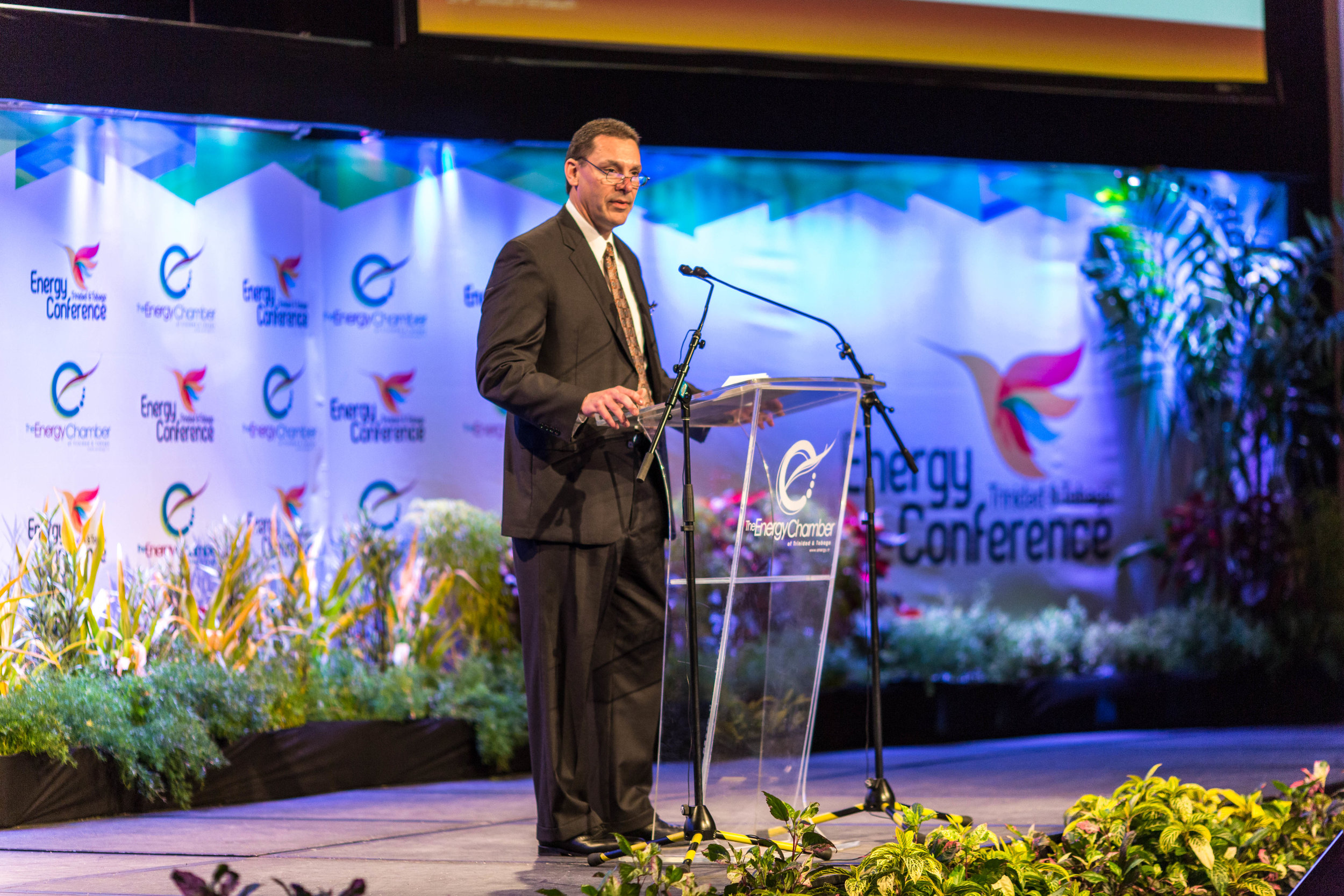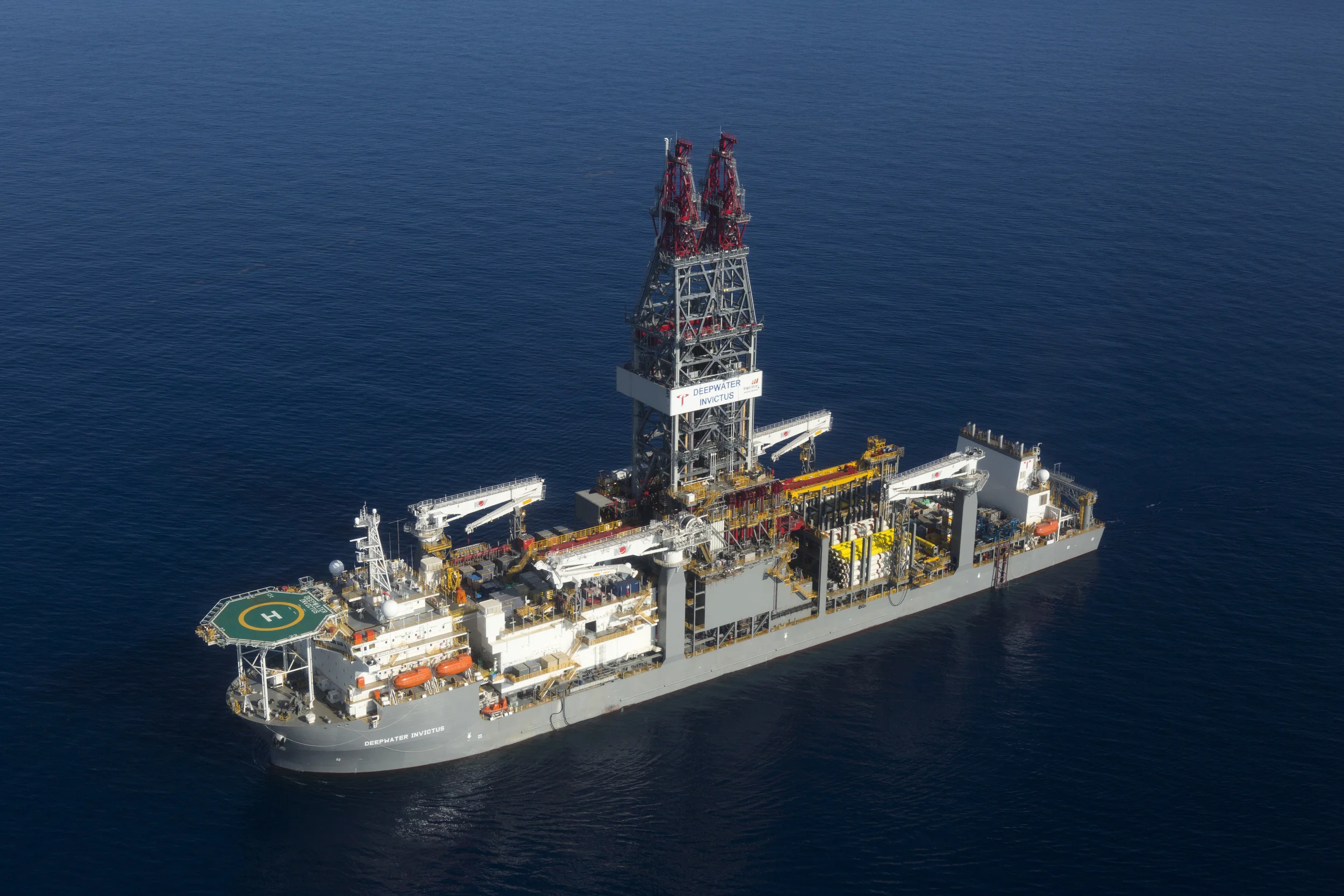The fuel industry is regulated and companies that operate within it must do so on fixed margins set by government legislation. The margins under which the industry operates are very narrow and since the 2015 budget increases to the Green Fund and Business Levy, the margins have further eroded, making the industry uncompetitive. In particular, the peddler industry is hurting from the stifled margins which have not been equally adjusted to ensure profitability.
Sovereign wealth funds are relatively new. They have been devised as a defensive measure to address the macroeconomic impact of revenue volatility in resource rich countries. Other objectives include ensuring inter generational equity, addressing future financial needs, and protecting a country’s economy from extraordinary shifts in its fiscal situation.
It was clear that Government Assistance for Tuition Expenses (GATE) had to be restructured. The existing system was wasteful and much of the value went to families who could have afforded to pay university fees — a typical problem with most subsidies. The increase in both the quantity and quality of the cars driven by students and parked on The University of the West Indies (The UWI) St. Augustine campus was testimony to this fact. Means testing is an obvious way of targeting subsidies and a logical policy decision, though I have some misgivings about how the levels have been set and how the process will actually be administered.
BHP Billiton has confirmed encouraging results from the LeClerc well, the first well in the company’s historic deep water drilling campaign offshore Trinidad and Tobago. According to the press release issued by BHP Billiton, the well encountered gas in multiple zones.
BP Trinidad and Tobago (bpTT) today issued photos of the historic passage of the BP British Merchant through the newly expanded Panama Canal. The British Merchant, operated by BP Shipping, left Atlantic LNG at Point Fortin on July 26th 2016 with its cargo destined for Mexico. It was the first liquefied natural gas (LNG) tanker from Trinidad and Tobago to make its way through the expanded Panama Canal which was officially opened on June 26th 2016.
The Energy Chamber wishes to publicly recognise and applaud the outstanding achievement of 24 contracting companies that have demonstrated a commitment to high health, safety and environment (HSE) standards in their organisations. The companies are being commended for having attained over 95 per cent compliance in each element of the Safe to Work (STOW) HSE requirements at the end of the rigorous STOW certification audit.
The much anticipated Juniper gas development project is back on schedule after a series of delays early in project execution. With a production capacity of approximately 590 million standard cubic feet of gas per day, the Juniper project should bring much needed relief to the gas-starved liquefied natural gas (LNG) and petrochemical sectors in 2017. The project, located off the south-east coast of Trinidad, is bpTT’s first subsea field development in the country.
Over the past decade the Energy Chamber’s flagship Safe to Work (STOW) programme has helped many smaller contractors and service companies implement robust health, safety and environmental management systems and to meet the requirements of major customer companies in the energy sector. There are now almost 500 companies fully STOW certified. Despite this success, the energy industry must continue to work to make sure every single contractor or service company carrying-out high risk work is fully compliant and meets the STOW requirements.
After months of delay, the Trinidad Onshore Compression (TROC) project has finally received a green light from all of the Atlantic shareholders and the Government of Trinidad and Tobago. This long anticipated project promises to bring on-stream an additional 200 million standard cubic feet of gas per day by early 2017.
Ensuring better results from drug and alcohol testing, this is one of the main outcomes of an initiative being championed by the Energy Chamber. On 28th July 2016 the Energy Chamber contracted Caribbean MedLabs Foundation to provide consultancy services for its latest project. The project intends to upgrade laboratory standards among medical laboratories within the industry. This is in an attempt to improve the quality and consistency of drug and alcohol testing for employees on the Pt Lisas Industrial Estate. This is an important activity to ensure continued safe operations on the multimillion dollar facilities on the estate.
‘SUSTAINABLE energy’ is a term not much used in Trinidad and Tobago – and its meaning is not precisely identified – but the Network of NGOs of Trinidad and Tobago, under the energetic leadership of coordinator Hazel Brown, is striving to change all that.
The price of Trinidad and Tobago’s liquefied natural gas (LNG) exports in international markets has been a major topic of conversation in the energy sector over the past few weeks, with members of the parliamentary Joint Select Committee on Energy Affairs (JSEC) quizzing the Ministry of Energy on LNG pricing structures and whether the country is getting the right returns for its LNG exports. The discussions around LNG exports are complicated by the fact that sales are made under long-term commercial marketing contracts, which include commercial confidentiality clauses. Furthermore, the marketing arrangements under the four Atlantic LNG trains are all different, as different structures were negotiated as the government and companies refined their approach over time to securing markets for Trinidad and Tobago LNG exports.
Spanish oil giant Repsol has been awarded the Black Belly offshore block for exploration. The block is located off of Barbados’ northwest coast and is a fairly sizable 2,479 square km especially when compared with the Barbados land mass of about 431 square km.
The development of the 300 million tonnes of the very heavy oil in south Trinidad known as tar sands may actually become a possibility in due course now that energy and energy industries minister, Nicole Olivierre, has spoken on the matter – the first time any minister has mentioned this for the last five years.
Guyana looks set to soon join the ranks of oil producing nations. ExxonMobil has announced that its highly anticipated Liza-2 appraisal well has confirmed the discovery of a world-class, highquality oil reservoir offshore Guyana.
As we progress on the journey of confirming the hydrocarbon resources that are currently being targeted in deepwater – Trinidad and Tobago, Guyana and Suriname amongst others – a key question comes to mind, how do we prepare for the deepwater arena?
Ministry of Energy data for the first quarter of 2016 has revealed a significant drop in crude oil production from the smaller onshore oil companies in Trinidad, mainly operating under lease-out, farm-out or incremental production sharing contracts (LO/FO/IPSC) with the state-owned oil company Petrotrin. Activity in this sector has significantly decreased, with serious knock-on negative implications for service companies, general economic activity and employment across south Trinidad.
In May 2016, I had the pleasure of being one of the business sector delegates who joined the Prime Minister on his official state visit to Ghana. It was my fifth visit to the country, though my first as part of an official Government delegation.
Urgent government action is required to halt the current significant decline in activity in the Trinidad and Tobago oil sector and the knock-on impact that this is having on both crude oil production and the energy service industry, the major generator of employment in the sector. Since September 2015, the government has been promising a consultation process to discuss energy sector taxation and other issues facing the industry, but to date, no such consultation has taken place and there is no clear signal being provided of when or how this will occur.
BHP Billiton has spudded its much anticipated first deepwater well offshore Trinidad and Tobago. The well has been named LeClerc, after the 16th century French privateer, François LeClerc, famous for his peg leg and his many daring escapades around the Caribbean Sea and across the Atlantic.





















